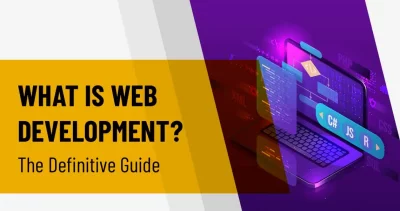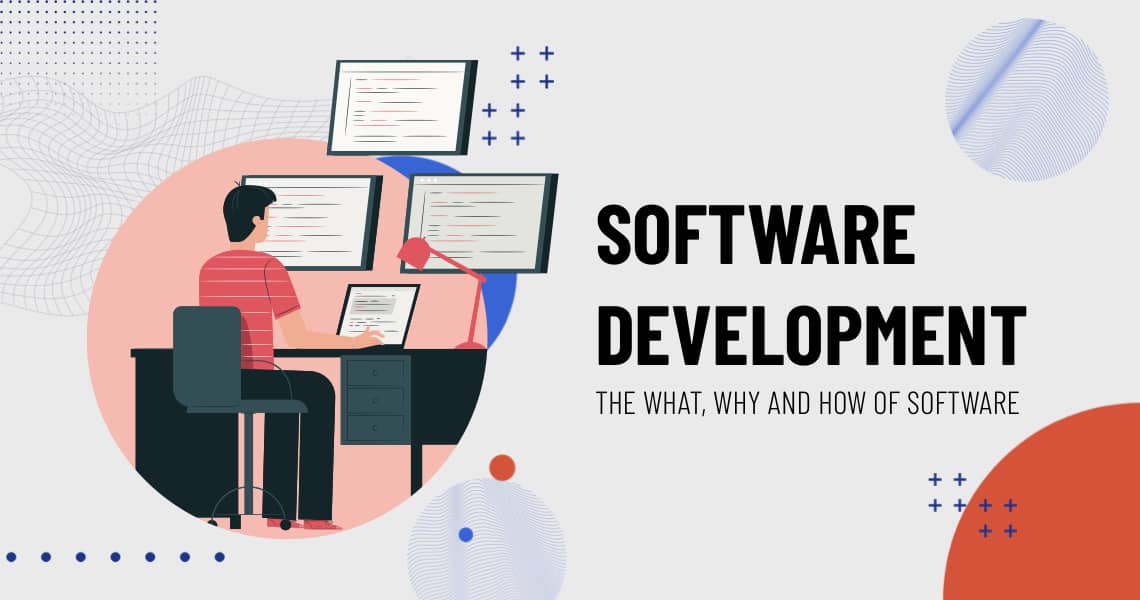
May 29 2025
Table of contents: What Is ATS Software? How ATS Software Works: Step-by-Step Breakdown 1. Job Posting & Distributi...
View Blog
Apr 28 2025
Table of contents: Why Webflow is the Go-To Choice for Web Development Benefits of Hiring a Professional Webflow Developer C...
View Blog
Apr 28 2025
Table of contents: Why Choose Shopify for Your Online Store? Shopify Development Services The Benefits of Hiring a Shopi...
View Blog
Apr 28 2025
Table of contents: Why Choose Moodle for Your eLearning Needs? The Importance of Hiring a Skilled Moodle Developer ...
View Blog
Mar 11 2025
Table of contents: Understanding ATS Software Solutions Key Features of an ATS Software Solution T...
View Blog
Feb 10 2025
Table of contents: Why Your CMS Choice Matters for B2B Companies HubSpot CMS: An All-in-One Platform for Growth ...
View Blog
Dec 23 2024
Table of contents: 1. Applicant Tracking System (ATS) Why It Matters Key Benefits Example Use Case ...
View Blog
Dec 16 2024
Table of contents: Streamlined Recruitment Process Key Features Cost-Effective Hiring Solutions C...
View Blog
Dec 9 2024
Table of contents: What is HubSpot CMS? Key Features of HubSpot CMS: The Challenges of Managing HubSpot CMS Wi...
View Blog
Dec 2 2024
Table of contents: Why Hiring a Moodle Developer is Crucial for Your eLearning Needs Understanding Moodle’s Versatili...
View Blog
Nov 24 2024
Table of contents: Benefit 1: Enhanced Efficiency and Speed in Hiring Streamlining the Hiring Process Faster Hi...
View Blog


































